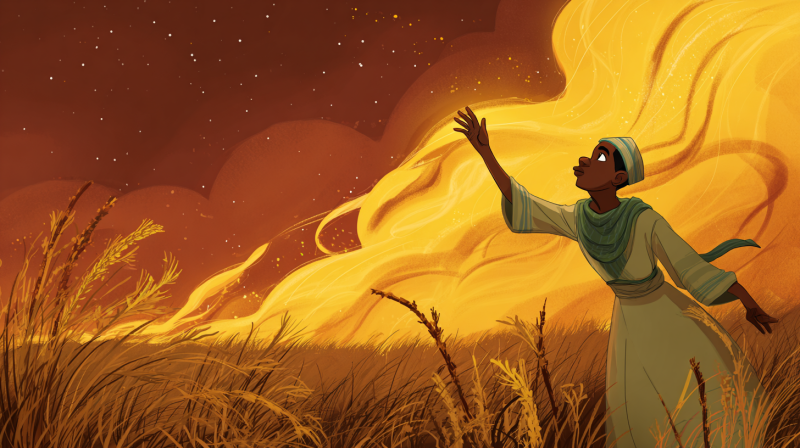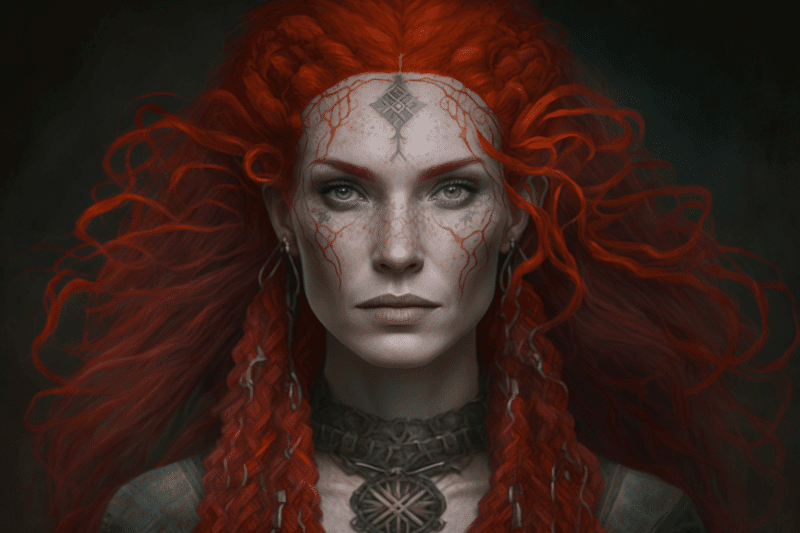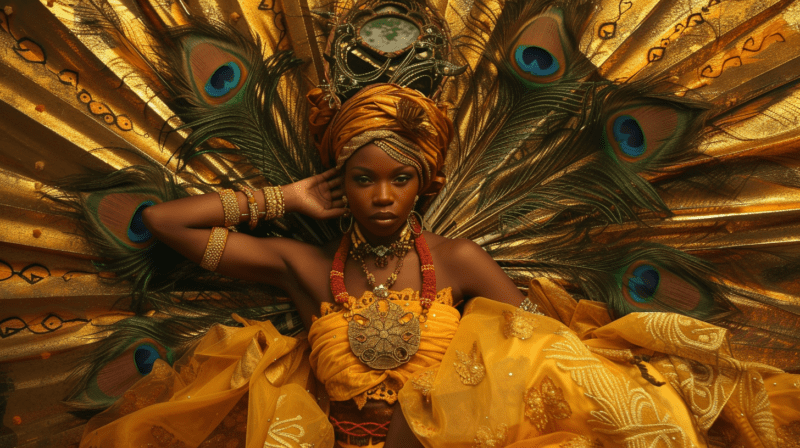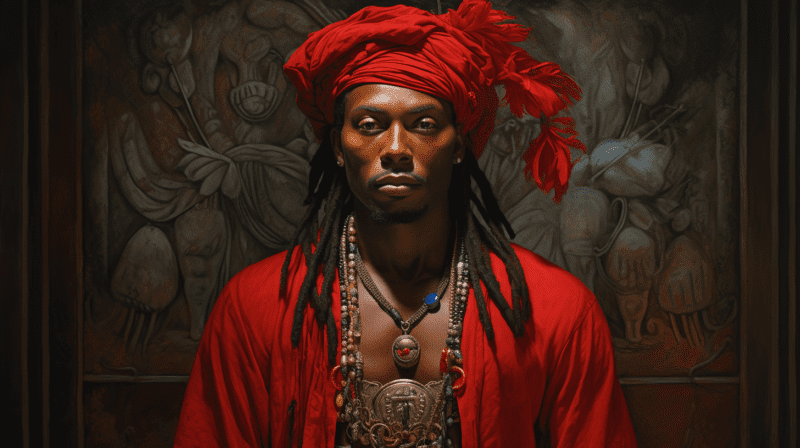The Powerful Sumerian Goddess of Creation
Nammu was a revered goddess of the Sumerian pantheon who played a crucial role in the creation of the world and its inhabitants. She was known as the “Mother of the Gods” and was revered as the divine mother of all creation. This article will delve deeper into Nammu’s history, mythology, and significance in ancient Sumerian culture.
History and Origin
The Sumerians were one of the earliest civilizations in human history, and their religion was a central aspect of their society. They believed in a pantheon of gods and goddesses who governed various aspects of life, including agriculture, fertility, war, and the afterlife.
Nammu was one of the earliest Sumerian deities, and her name translates to “the primeval mother who gave birth to the gods.” She was often depicted as a beautiful woman wearing a horned headdress and a long robe, and she held a staff and a bucket in her hands. The bucket was a symbol of her role as the goddess of the primeval sea, which was believed to be the source of all life.
Mythology
According to Sumerian mythology, Nammu was the creator of the universe and the mother of the first gods and goddesses. She was believed to have emerged from the primeval sea, which was a chaotic and formless void before her arrival.
Nammu was responsible for creating the earth and the sky, and she was also credited with creating the first humans out of clay. In some versions of the myth, she gave birth to Enki, the god of wisdom, who helped her in the creation of the world.
Nammu was also associated with the concept of divine justice and was believed to be a fierce protector of the weak and the oppressed. People frequently invoked her in order to obtain justice or protection from harm, and they revered her as a strong and kind deity.
Significance in Sumerian Culture
Nammu was a central figure in Sumerian religion and played a crucial role in the creation myth that formed the foundation of their cosmology. She was revered as the mother of all creation and was seen as a symbol of the life-giving power of the primeval sea.
Nammu was also associated with the concept of divine wisdom and was believed to be a source of knowledge and guidance for the gods and humans alike. She was revered as a goddess of fertility, and her presence was believed to be necessary for the growth of crops and the continuation of life.
The worship of Nammu was widespread in ancient Sumerian culture, and many temples were dedicated to her throughout Mesopotamia. She was often invoked in religious ceremonies and rituals, and her image was often carved into amulets and other religious objects.
Conclusion
Nammu was a powerful and influential deity in ancient Sumerian culture, and her legacy has endured for thousands of years. As the mother of the gods and the creator of the universe, she played a central role in the Sumerian creation myth and was revered as a symbol of divine wisdom and fertility.
While the Sumerian civilization has long since vanished, the legacy of Nammu and her fellow deities lives on in the religions and cultures of the world today. Her story serves as a testament to the enduring power of myth and the enduring human need to understand the mysteries of the universe.





